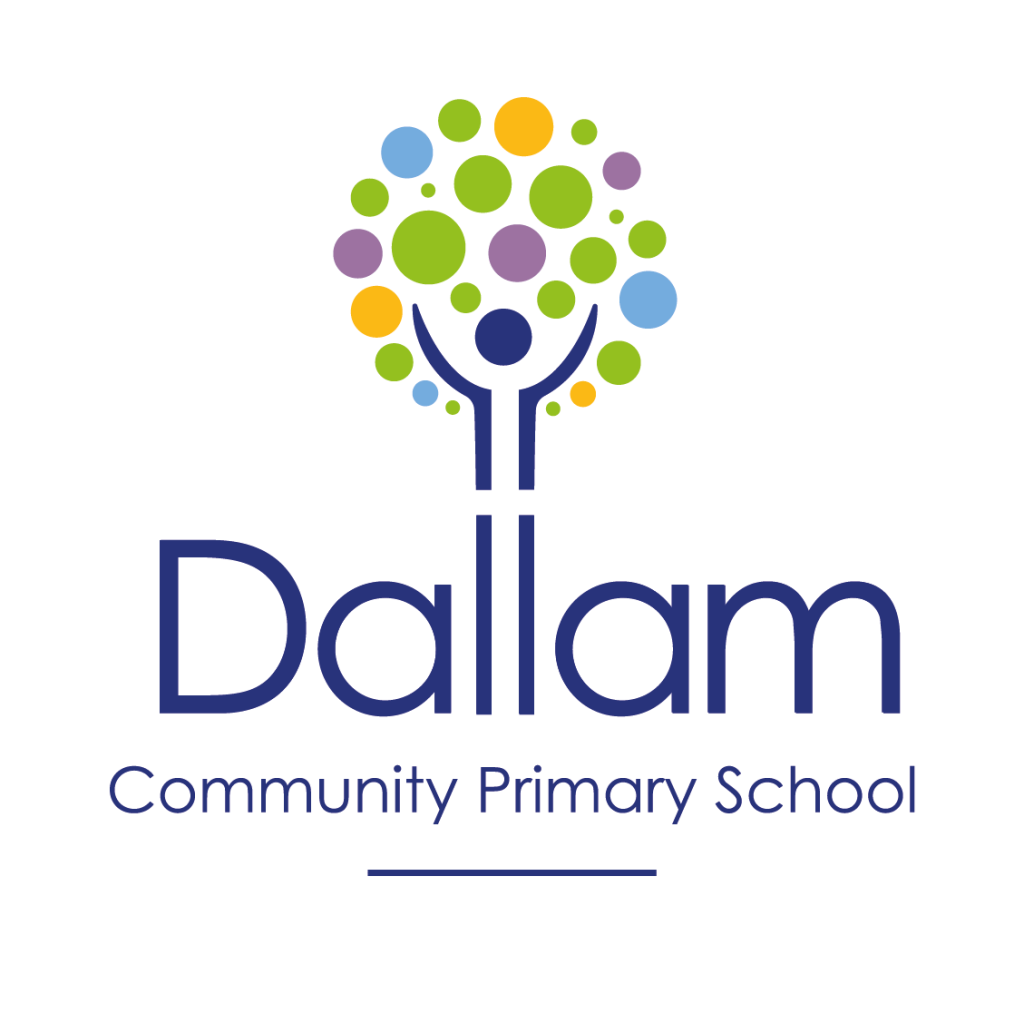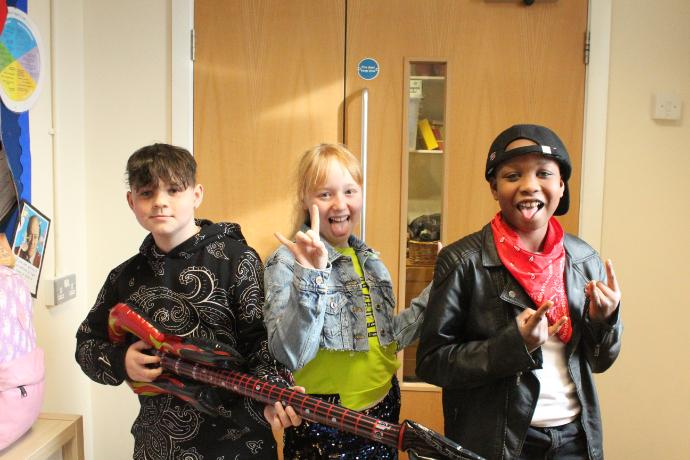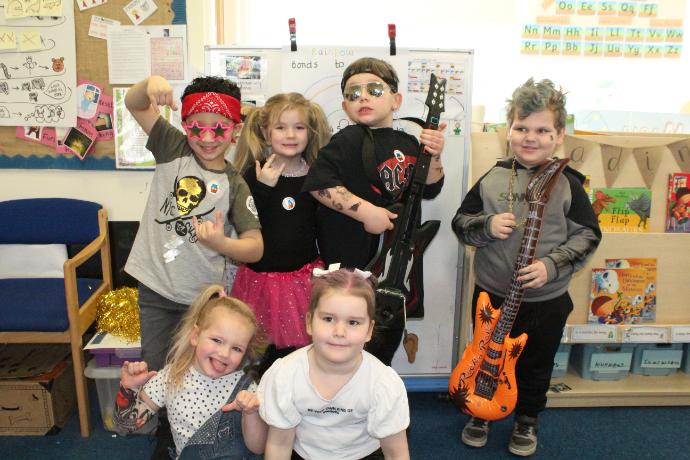Maths
Lead – Ms Rich
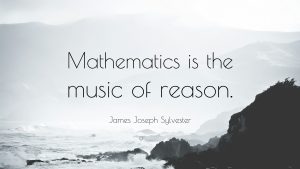
At our school we believe that maths is magnificent!
What does maths look like at our school?
The National Curriculum sets out what pupils need to learn which we cover through The White Rose scheme that we have adopted after being approved by the DfE. The schemes have been designed to allow good coverage of the age-related expectations for
the mathematics curriculum as well as providing continuity and progression throughout each year group. The schemes have been adapted to allow teachers more flexibility with their planning so that they can address any gaps in pupils’ knowledge.
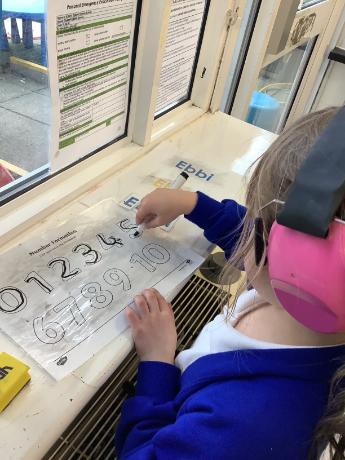
Intent
At Dallam School, we recognise that mathematics is a vital tool for everyday life, necessary for financial literacy and most forms of employment. It is a whole network of interconnected concepts and relationships which provide a way of viewing and making sense of the world. Through our maths curriculum we aim to equip our children with the skills to communicate information and ideas and tackle a wide range of real life problems, both routine and non-routine.
Using the Statutory Framework for the Early Years Foundation Stage (2017) and the National Curriculum for England (2014) to underpin our curriculum, we adopt a mastery approach, promoting:
- a positive attitude towards mathematics and a sense of curiosity about the subject
- The expectation that the vast majority pupils can achieve a standard appropriate to their age in mathematics and progress at broadly the same pace
- The importance of using concrete resources to develop conceptual understanding before moving to visual representations and then the abstract.
- the ability to communicate mathematical knowledge and understanding effectively, in a variety of ways
- perseverance and challenge through rich, sophisticated problems
- fluency, the ability to solve problems, reason, and think logically whilst working systematically and accurately
- the ability to make connections within and across areas of maths, developing number sense and efficiency
- the application of mathematics across the wider curriculum
- initiative and an ability to work both independently and in co-operation with others
What do we Learn?
Maths is a key skill. We all need to be able to calculate mentally, tell the time, interpret the answer on a calculator and carry out many more aspects of maths in everyday life.
In years 1, 2, 3, 4 5 and 6, we use White Rose Maths to build the foundations of our approach to teaching mathematics which ensures deep learning.
All maths teaching in EYFS is supported by the NCETM Numberblocks materials. Numberblocks engages children in maths because the characters are the maths and they behave in mathematical ways. Children will also be taught number rhymes, songs and games throughout the school day. They will be exposed to concrete, pictorial and abstract representations of number, incidental counting and language of mathematics through every day interactions.
At Dallam Primary we follow the National Curriculum for all children from Year 1 to Year 6. A yearly plan of when children will be taught key areas is available for each class. Children learn maths daily, moving from songs, rhymes and short focused activities in the Early Years to more formal hour long lessons in KS2. Teachers also maximise opportunities to apply maths skills across the curriculum. For example, reading thermometers in science lessons or ordering dates in history.
Intent
At Dallam School, we recognise that mathematics is a vital tool for everyday life, necessary for financial literacy and most forms of employment. It is a whole network of interconnected concepts and relationships which provide a way of viewing and making sense of the world. Through our maths curriculum we aim to equip our children with the skills to communicate information and ideas and tackle a wide range of real life problems, both routine and non-routine.
Using the Statutory Framework for the Early Years Foundation Stage (2017) and the National Curriculum for England (2014) to underpin our curriculum, we adopt a mastery approach, promoting:
- a positive attitude towards mathematics and a sense of curiosity about the subject
- The expectation that the vast majority pupils can achieve a standard appropriate to their age in mathematics and progress at broadly the same pace
- The importance of using concrete resources to develop conceptual understanding before moving to visual representations and then the abstract.
- the ability to communicate mathematical knowledge and understanding effectively, in a variety of ways
- perseverance and challenge through rich, sophisticated problems
- fluency, the ability to solve problems, reason, and think logically whilst working systematically and accurately
- the ability to make connections within and across areas of maths, developing number sense and efficiency
- the application of mathematics across the wider curriculum
- initiative and an ability to work both independently and in co-operation with others
What do we Learn?
Maths is a key skill. We all need to be able to calculate mentally, tell the time, interpret the answer on a calculator and carry out many more aspects of maths in everyday life.
In years 1, 2, 3, 4 5 and 6, we use White Rose Maths to build the foundations of our approach to teaching mathematics which ensures deep learning.
All maths teaching in EYFS is supported by the NCETM Numberblocks materials. Numberblocks engages children in maths because the characters are the maths and they behave in mathematical ways. Children will also be taught number rhymes, songs and games throughout the school day. They will be exposed to concrete, pictorial and abstract representations of number, incidental counting and language of mathematics through every day interactions.
At Dallam Primary we follow the National Curriculum for all children from Year 1 to Year 6. A yearly plan of when children will be taught key areas is available for each class. Children learn maths daily, moving from songs, rhymes and short focused activities in the Early Years to more formal hour long lessons in KS2. Teachers also maximise opportunities to apply maths skills across the curriculum. For example, reading thermometers in science lessons or ordering dates in history.
If you require additional information relating to the curriculum please speak to your child’s class teacher
Please find below the long term plans which clearly detail what strand of maths your child will be learning about during different times of the year:
Here is a copy of the National Curriculum document for Key Stage 1 and 2:
When our children are ready for written calculcations we follow a clear and precise method to build upon the learning that children are exposed to each year. Here are our calculation policies to show which stage your child is at and how they have progressed in maths:
Year 4 Multiplication Check
The purpose of the check is to determine whether your child can fluently recall their times tables up to 12, which is essential for future success in mathematics. The children will be fully prepared for the check by their class teacher and it will take place in the Summer term. Please see the below documents for further information.
Miss Foster (class teacher) or Ms Rich (maths lead) are available should you require any further information or support.
